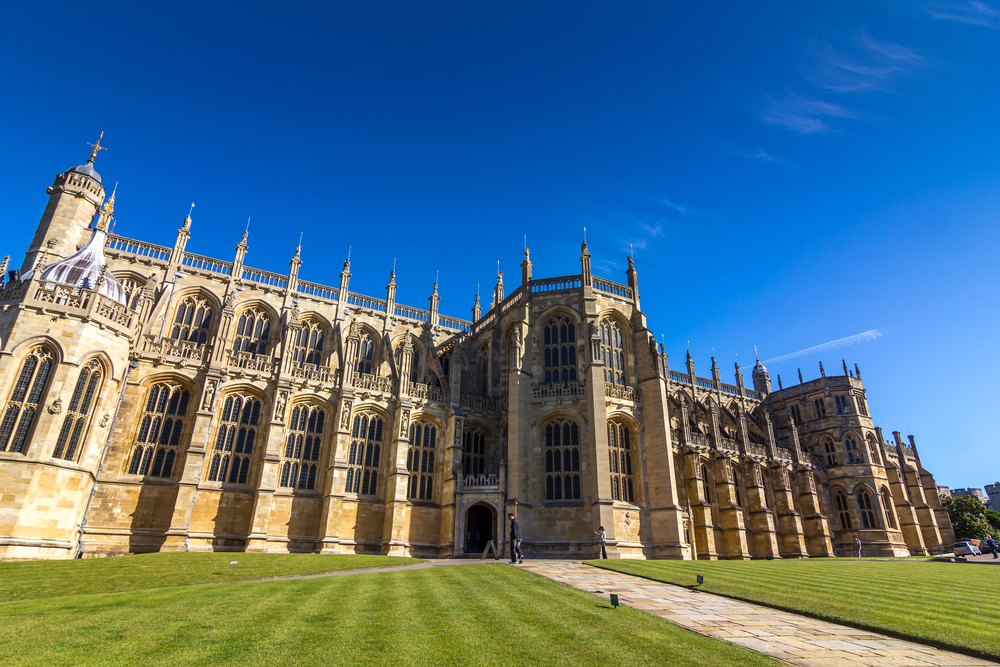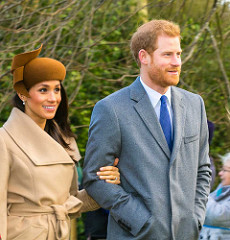
The number of parents using surrogates in the UK is rising thanks to high-profile celebrities, changing public attitudes, and corresponding law reforms. Barrister Jennifer Lee told Merrick Life the latest law change is most welcome.
Just over a year ago the government published its first ever guidance on how to start a family using a surrogate.
The publication was recognition that surrogacy rates are increasing. That’s in part due to a relaxation in the law that allowed same sex couples the same rights as heterosexual couples to apply for parental orders, which confers legal parenthood for a child born through surrogacy on the intended parents. Parental orders are ‘transformative’ and last for the child’s entire life.
In 2016, 368 parental orders were awarded – that’s up from 194 in 2012.
And in January this year, after a prolonged legal fight, the law was further changed to extend the same right to single people wishing to have a family this way. To apply, single parents must have a genetic link to the child born through surrogacy.
For Jennifer Lee, the changes reflect shifting views on an often-controversial area.
She said: “The law allows more people to apply and reflects the fact that society has moved on.
Surrogacy for single parents
“It ends the discriminatory bar against single parents from applying to become the legal parents of children born through surrogacy. The reform will pave the way for a wider group of people to apply to become parents via the surrogacy route, whether they be single fathers or single mothers, including older women who are increasingly seeing surrogacy as a viable route to starting a family.
“I think we will see more people resorting to surrogacy. I would expect an increase in applications from single people; just as we saw more same sex couples applying after the law was changed in 2008 to allow those couples to apply.
“Also, celebrities such as Tom Daley and Elton John (who have both had children through surrogate mothers) have raised awareness about surrogacy in general.
“It has huge relevance for modern people’s lives. Advances in science now allow older women to conceive, or to have a child through a surrogate if they wish.
“A lot of women are freezing embryos. It’s becoming a feature of modern life. When you are slightly older, you may be more ready financially and mentally to have a child. But biologically, you might no longer be at a stage where you can carry a child yourself.
“With the recent advances in technology and the increasing number of women choosing to freeze their eggs, surrogacy is becoming an increasingly attractive option.”
Ms Lee said that while the latest law change has been widely accepted, there are still issues to be addressed.
Misconceptions
“There are still a lot of misconceptions among the general public about the legal position under English law. I would certainly urge anyone considering surrogacy to seek specialist legal advice at the outset, before embarking on that journey.”
The now retired former president of the Family Court, Sir James Munby, has suggested we reconsider the current restrictions on paying surrogates anything more than “reasonable” expenses. And that we draw upon the model used in other countries – such as the United States and Canada. In those countries highly-regulated, commercial surrogacy systems are in operation, supported by surrogacy-friendly laws.
Ms Lee explained: “Because surrogacy arrangements are enforceable in certain states in the United States, and in Canada, that framework minimises the risks for all concerned. It ameliorates the risk of the surrogate mother changing her mind, and indeed the risk of the commissioning parents changing their minds.
“At the moment, under English law, those scenarios are entirely possible and we know it happens. That’s why pursuing surrogacy abroad, in countries where such arrangements are supported by surrogacy-friendly laws, can be an appealing option.
“In England, surrogacy agreements are entirely unenforceable. Surrogacy is legal, but advertising for a surrogate, or entering into a surrogacy arrangement for profit, is not. We are years behind places like California.
“Sir James Munby has called for better regulation and a more transparent system, which provides safeguards for all concerned.
Altruistic surrogacy
“This ensures that surrogate mothers are protected, not exploited, and are properly paid for their trouble. And that if someone changes their mind down the line you have a contract in place to fall back on.
“There is an argument that surrogacy done out of goodwill with no commercial element, in other words altruistic surrogacy, has worked well here for the past 30/40 years.
“However, because surrogacy arrangements are not enforceable, it is not an airtight system. Issues do arise for both the surrogate and the intended parents.
“So, for instance, a surrogate may decide to retain the child. And there have been cases where the intended parents have had to bring their surrogate to court.
“A system of informal arrangements is not entirely in keeping with the increasing numbers of people who are looking at surrogacy as a way of starting their family. There is uncertainty built in, which has led to increasing calls for the advanced system we see in California and Canada, for example, being replicated here. You would have to adapt these systems to suit the UK context but, in my view, a more watertight, legally-binding arrangement would provide certainty for everyone concerned.”
Ms Lee thinks there is still some way to go before we are ready to accept that carrying a child for another should involve contracts, with the threat of court sanction.
Controversial
“The move to a California type system is controversial. It has been the longstanding position here that commercial surrogacy is a criminal offence. It will take time for people to find such a concept palatable, but it is certainly gaining ground.”
Ms Lee said there are valid concerns that such an arrangement would incentivise vulnerable women to become surrogates.
However, provided there are robust safeguards to ensure that potential surrogates understand the risks involved, and are not being pressured into an arrangement, her view is that it might well be a model that works.
Right now, she argues, it is most important there is greater public awareness of what the law actually means.
“There are children in this country born through surrogacy who are living with parents who are not in fact their legal parents because no parental order was ever made. Many people do not realise that, under English law, the surrogate (and her partner if she has one) will be the legal parent(s) until and unless a parental order (or an adoption order) is made.
Legal advice
“Real problems can arise. For example, if there’s a dispute about the child’s upbringing between the surrogate and intended parents, or if one of the parents dies. Not being the legal child of that parent might have real ramifications when it comes to inheritance.
“It is also not uncommon to see intended parents entering into a surrogacy arrangement without first obtaining specialist legal advice. The intended parents may have decided to embark on a surrogacy arrangement, paid a lot of money to an agency overseas, but rather left the taking of legal advice until the very end.
“You might be faced with the baby’s due date being a month away and the parents realising at that stage that they’ll have to apply for a parental order upon their return to this jurisdiction, and leaving themselves very little time.
“Some parents may not realise that they need to apply for a parental order in this jurisdiction, so as to secure legal parenthood for their child born through surrogacy.
“Those are the sorts of cases that can become tricky.”
Jennifer Lee is a specialist family law practitioner at Pump Court Chambers in London.
She has a thriving practice in matrimonial finance, and wide experience of complex children cases. She has developed a niche practice in surrogacy and modern families, having acted for commissioning parents in Human Fertilisation and Embryology Act cases. Jennifer also acts in Court of Protection matters. She is ranked as a “leading junior” in The Legal 500, and in Chambers & Partners.


















